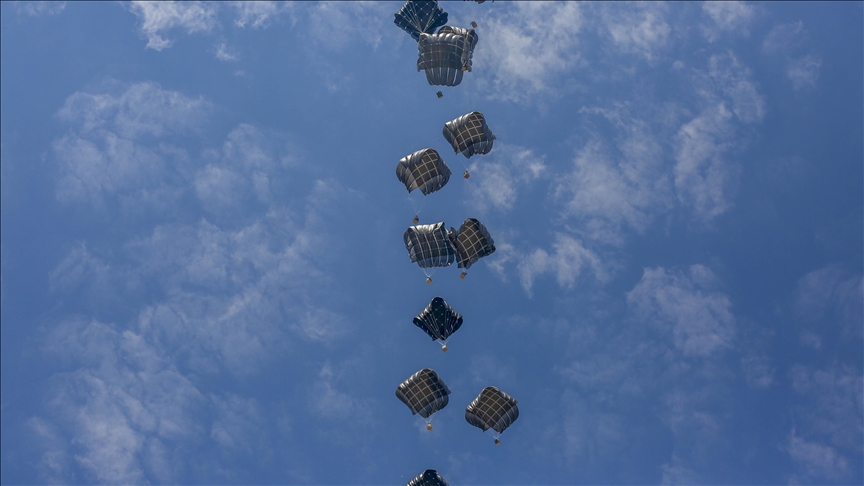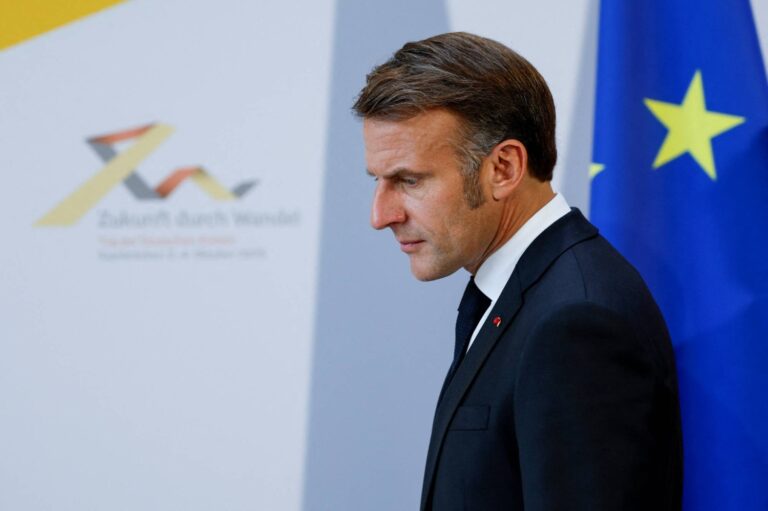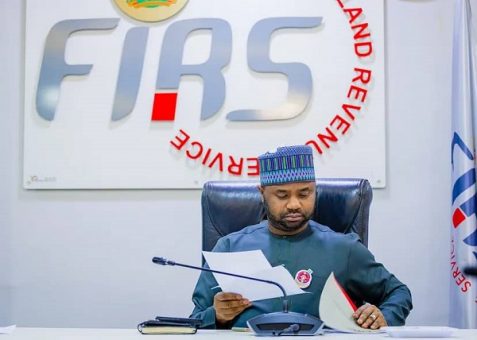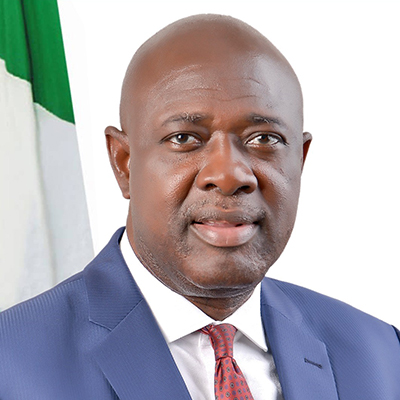
France air-drops aid to Gaza as the humanitarian crisis deepens and thousands of civilians struggle with shortages of food, water, and medicine. The French government announced that it will deliver emergency supplies through coordinated air-drops to reach communities cut off by the ongoing conflict. The plan comes as concerns mount about the dire conditions facing families who remain trapped in heavily damaged neighborhoods.
French officials explained that the decision followed weeks of failed attempts to deliver aid through traditional routes. Ground convoys have faced severe restrictions, and many aid trucks have been blocked or delayed. With no reliable land access, France chose to move forward with air-drops to provide urgent relief. The government confirmed that coordination with international partners will ensure safe and effective distribution.
The aid deliveries will include essential items such as food packs, bottled water, medical kits, and baby supplies. Planes will fly at low altitudes to release parachuted containers designed to land safely within designated drop zones. Authorities stressed that every effort will be made to avoid risks to civilians during the operation.
Local humanitarian groups welcomed the move, saying it could help save lives. Many families in Gaza have gone weeks without proper access to clean water or medicine. Hospitals are struggling to treat patients with limited equipment and power outages. Aid workers believe the French initiative will ease pressure on overstretched medical facilities and provide hope for thousands.
Observers noted that the decision highlights growing international frustration over stalled negotiations for secure humanitarian corridors. France had repeatedly called for unimpeded access for aid convoys, but delays and blockages left civilians in worsening conditions. Air-drops are now seen as the only option to bypass barriers and get assistance directly to people in need.
France air-drops aid to Gaza also reflects Paris’s broader push to play a stronger role in Middle East humanitarian efforts. The French president emphasized that providing relief to civilians is a moral duty and a matter of international responsibility. He added that France will continue to press for diplomatic solutions to ensure long-term access for aid and protection for civilians.
Reports from the ground describe families lining up daily for scarce food supplies, while many children suffer from malnutrition. Water shortages have forced people to drink unsafe water, increasing the risk of disease. Schools have been turned into makeshift shelters, but overcrowding has left many without proper sanitation or security.
Security remains a major concern during the planned operations. Aid officials are working to identify safe areas where packages can be dropped without interference. France is coordinating with local partners to ensure the aid reaches civilians directly and is not diverted. International observers will monitor the process to maintain transparency and accountability.
Analysts say the move could set a precedent for other nations to follow. If successful, similar air-drop operations may be launched by other countries or aid organizations. However, experts warn that air-drops alone cannot meet the scale of Gaza’s needs. Long-term relief will require open land routes, reliable ceasefires, and international cooperation.
In addition to emergency supplies, France is exploring options to support rebuilding efforts once conditions allow. Plans include deploying medical teams, providing temporary shelters, and restoring access to clean water. Officials stressed that immediate aid is critical, but long-term recovery must also remain a priority.
In conclusion, France air-drops aid to Gaza marks a bold step to address one of the world’s most urgent humanitarian crises. The initiative aims to deliver life-saving supplies, relieve suffering, and highlight the urgent need for safe humanitarian corridors. While the air-drops may bring short-term relief, the ultimate goal remains a lasting solution that ensures civilians in Gaza can live with safety and dignity.



